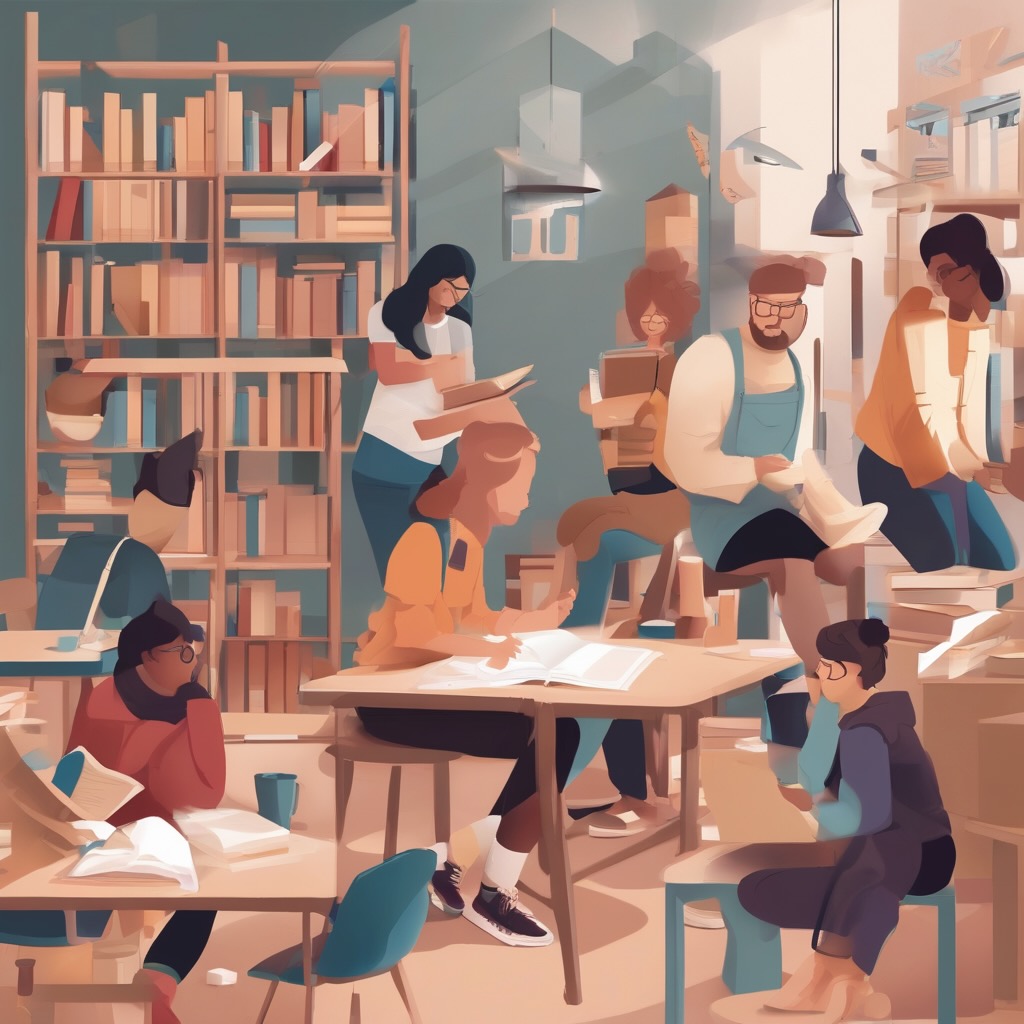The True Purpose of Education
“Parents also want education to help young people to identify their unique talents and to lead a life that has meaning and purpose.”
The quote by Ken Robinson from “Out of Our Minds” powerfully reminds us of the true purpose of education. It is not merely about acquiring knowledge or skills but about helping young people discover their unique talents and guiding them towards a life filled with meaning and purpose. This perspective shifts the focus of education from standardised tests and rigid curriculums to a more holistic, student-centred approach.
When education aligns with an individual’s intrinsic talents and passions, it becomes more engaging and effective. This approach can foster a love for learning that lasts a lifetime. It encourages students to explore, question, and connect with their subjects more deeply. When students understand how their learning relates to their life goals and dreams, they are more motivated and invested in their education.
Identifying and nurturing individual talents can lead to more fulfilled, productive adults. When people engage in work that resonates with their core strengths and interests, they are more likely to excel and contribute positively to society. Education systems that embrace this philosophy help create a workforce that is skilled but also passionate and innovative.
Incorporating Ken Robinson’s vision into educational practices requires a shift in mindset at all levels – from policymakers to educators, parents, and students. It calls for more personalised learning experiences, mentorship opportunities, and a curriculum that values creativity, critical thinking, and personal growth as much as academic achievement.
Ultimately, an education that helps young people find meaning and purpose prepares them not just for a career but for a fulfilling life. It is about understanding that each student has unique talents and aspirations and providing them with the tools and opportunities to explore and realise their potential.

